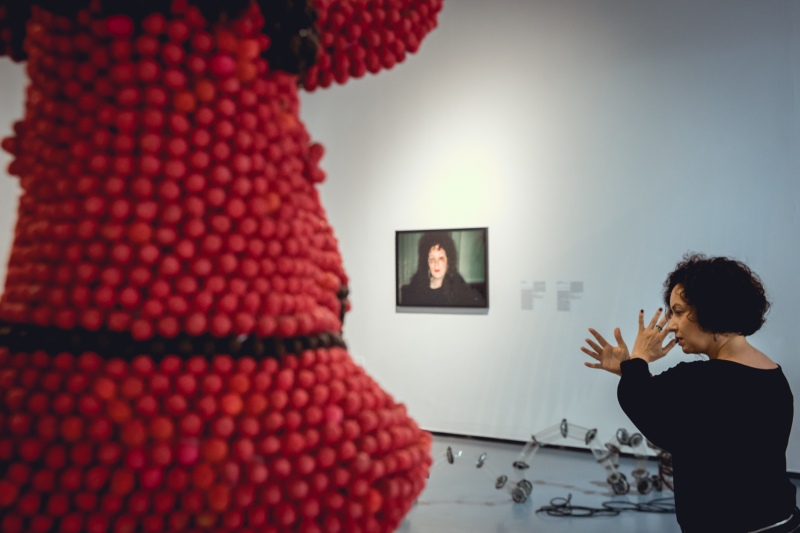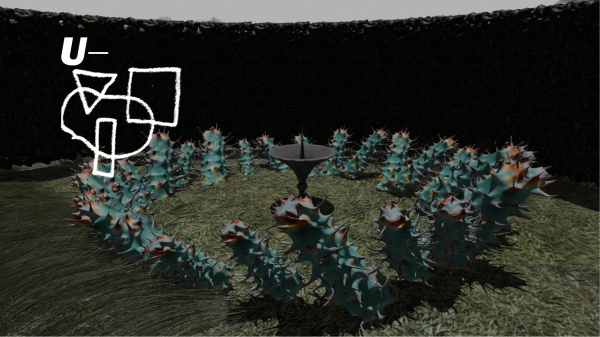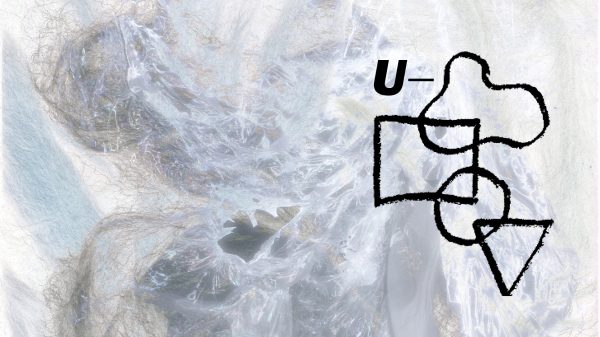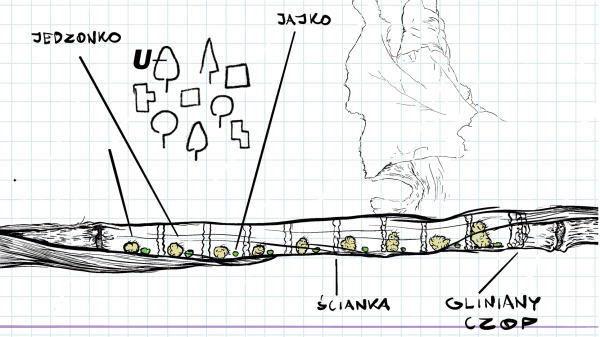Performative education
What is performance? What performative practices are used in contemporary visual arts? What does “performative turn” mean? How do contemporary artists work with performance? How to utilise performance, body, movement, presence, and and space within educational practices?
While the launch of performative education at the Ujazdowski Castle Centre for Contemporary Art is linked to current art and curatorial projects, the performative nature of the institution dates back to its origins and is associated with its legendary director, Wojciech Krukowski. In the mid-2000s, the EpaF European Performance Arts Festival was also held at the Centre. Artists from all over the world, including those who have shaped performance art since its inception, i.e. the second half of the 1960s, attended the festival. The starting point for the current performative education programme was the exhibition Other Dances (2018), presenting contemporary art activities situated on the intersection of dance, theatre, music, and visual arts. Such activities have become part of a vast phenomenon referred to as the “performative turn”. The traditional format of the exhibition has changed, combining visual art with performative arts.
Performative education at the Ujazdowski Castle initially took the form of projects and pilot activities. One example is 5 sposobów na performans [5 ways to a performance] (2018) workshop programme aimed at adult audiences not professionally engaged in art. The starting point was the techniques and tools used by artists working in the field of dance, set design, sound, directing and music. Wojtek Ziemilski, Cezary Tomaszewski, Marta Górnicka, Wojciech Blacharz, Marta Ziółek and Grzegorz Laszuk were invited to present their practices during the workshops. The programme was met with great public interest. On the basis of this, we are currently running an open workshop cycle, Praktyka performatywna [Performative practice]. During the workshops, artists will introduce the public to their practice.
We also invite visitors to take part in other performative activities, such as our storytelling workshops. These are addressed to both young people and adults. The Storytellers Club and Tell me about it! programmes were created, where art objects become the starting point for reflection and dialogue.
In the educational activities undertaken as part of the Centre’s performative programme, we focus on the active role of the viewers, their presence and personal expression. We strive to make performative education a field of encounter and experiment.



